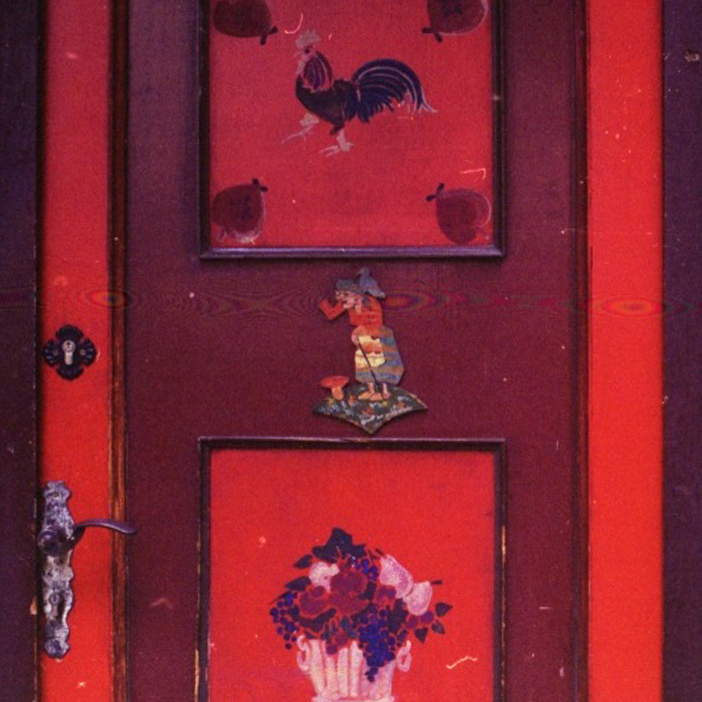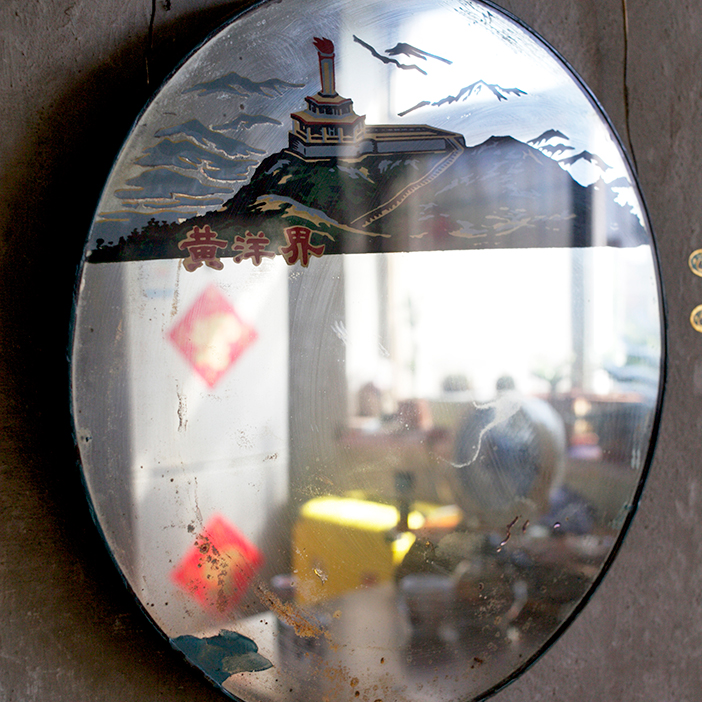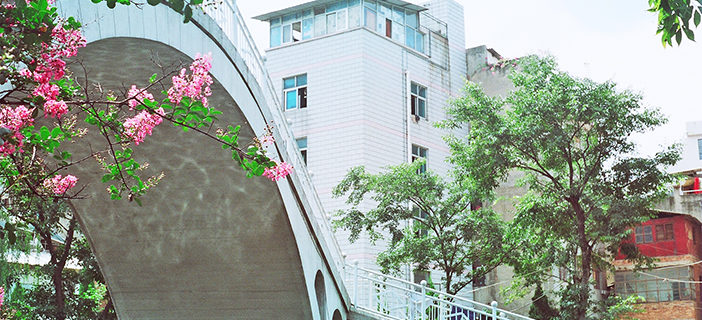House ownership in a Chinese marriage
When my Chinese husband and I got engaged on a grey-sky day in Guangxi province on New Year’s Eve of 2012, I did not ask for a bride price. It seemed materialistic to me, and sexist too. My husband, much more the pragmatist, asked if there were any expectations for a bride price in Austria. To him, planning our future as a family also meant planning for an apartment. Before taking home the red booklet, the man is often expected to provide a home in a Chinese marriage. And while the man is usually supposed to buy the apartment, the woman is supposed to finance the furniture and a car. It might not even out, but that already sounded a bit more fair to me. Both of us wanting to be equal partners in our relationship, though, we decided that if we bought an apartment, we’d buy it together. Same with a car and the furniture.
The babies came much faster than we could save up any money for an apartment. Buying a house was never on my list of priorities in the past, but I now sometimes wonder if I should have asked for that apartment after all.
 Renting in Austria vs. China
Renting in Austria vs. China
Why? I’m glad you’re asking. While in Austria it’s easy enough to sign a 5-year contract for renting an apartment, and usually not too hard to renew the contract if you’re not a terrible tenant–in China, it is not. The first place I lived at in China was a flat with glass fronts facing the north and the south in an old-looking compound built just before the turn of the 21st century. The house was located in a central district in Yunnan province’s capital city, Kunming, and I shared the flat with two other exchange students. One of them, the main tenant, had decorated the rooms nicely with blankets with flower patterns–and plants and flowers that would bloom beautifully in a bright pink colour lined the window sills. Although the apartment was furnished nicely, it was certainly not a high-end apartment. It was located on the sixth floor without elevator, small, and although we had running water, we would sometimes have to wait for hot water for days, because the compound’s hot water all came from solar water heaters installed on the eight story high houses. No sun, no hot water. But still, I loved living in that tiny room of the apartment that was my first real home in China. Not too long after moving in and months before the one-year contract would have ended, though, the landlady told us that we’d have to clear the apartment within a week. This was my first move in China. Little did I know at that time that many would follow. The reasons I had to move apartments in China varied. Sometimes I could not extend a contract after one year was up. Sometimes the landlord would raise rent to unimaginable high numbers. Sometimes the landlady would want the flat back before the contract was up. Other times it was our own fault because we moved cities or crashed at other people’s places in times of transition.
Whenever the word home comes up in a conversation with my 2.5 year old son, he’ll ask: “Which one? Which apartment?”. This reflects just how many times we have moved ever since he was born. In the 30 months since his birth to the ringing of church bells on a warm summer day at the beginning of July 2014, we have lived in nine different apartments. My son has been lying on parquet floors as a newborn, crawling on tiled floors as a baby and walking on concrete floors as a toddler. We’ve looked at the change of seasons through big glass fronts and small wooden windows. While he is always excited to pack suitcases for a trip to Austria or really just anywhere, packing boxes–over and over–makes him anxious. Every move means tears, meltdowns, adjustments. Which is why I always make an effort to take his favorite toys, books and one or the other decorative item I know will make him feel more at home.
 After years of moving every three to four months on average–a big part of these moves happening in China–I’m starting to understand why owning an apartment is so important here. Owning an apartment gives you some predictability in an otherwise seemingly unpredictable world. It creates a stable base from which to explore–both for you and your kids. If your kids grow up bridging cultures, like mine do, it will also allow them to grow some roots and come back to that place in the future. And while my husband and I haven’t found that one place where we want our roots to grow deep into the soil yet, I don’t judge anyone wanting that house for a bride price.
After years of moving every three to four months on average–a big part of these moves happening in China–I’m starting to understand why owning an apartment is so important here. Owning an apartment gives you some predictability in an otherwise seemingly unpredictable world. It creates a stable base from which to explore–both for you and your kids. If your kids grow up bridging cultures, like mine do, it will also allow them to grow some roots and come back to that place in the future. And while my husband and I haven’t found that one place where we want our roots to grow deep into the soil yet, I don’t judge anyone wanting that house for a bride price.
Ruth Silbermayr-Song is an Austrian illustrator, German teacher and mother of two. She writes about life in China as a foreign woman, her cross-cultural marriage to a Chinese man, and child rearing bridging cultures and languages on her blog China Elevator Stories. Her story of pregnancy and parenting in China has appeared in the anthology “Knocked Up Abroad Again”.
Photos courtesy of Ruth Silbermayr-Song





2 Comments
Pingback: Putting My Chinese Husband on the Testing Grounds–Traveling Solo with Bump | WWAM Bam!
Pingback: The "You've Given Up On Your Future" Look - China Elevator StoriesChina Elevator Stories